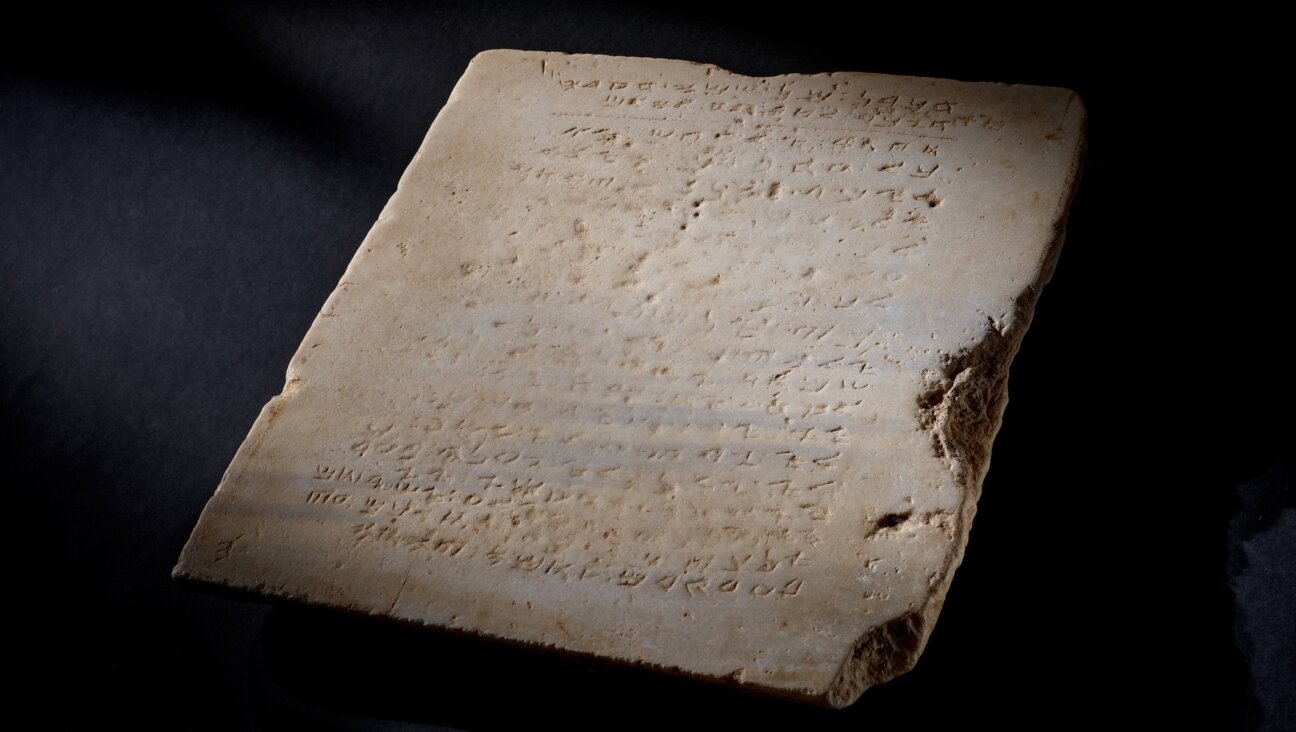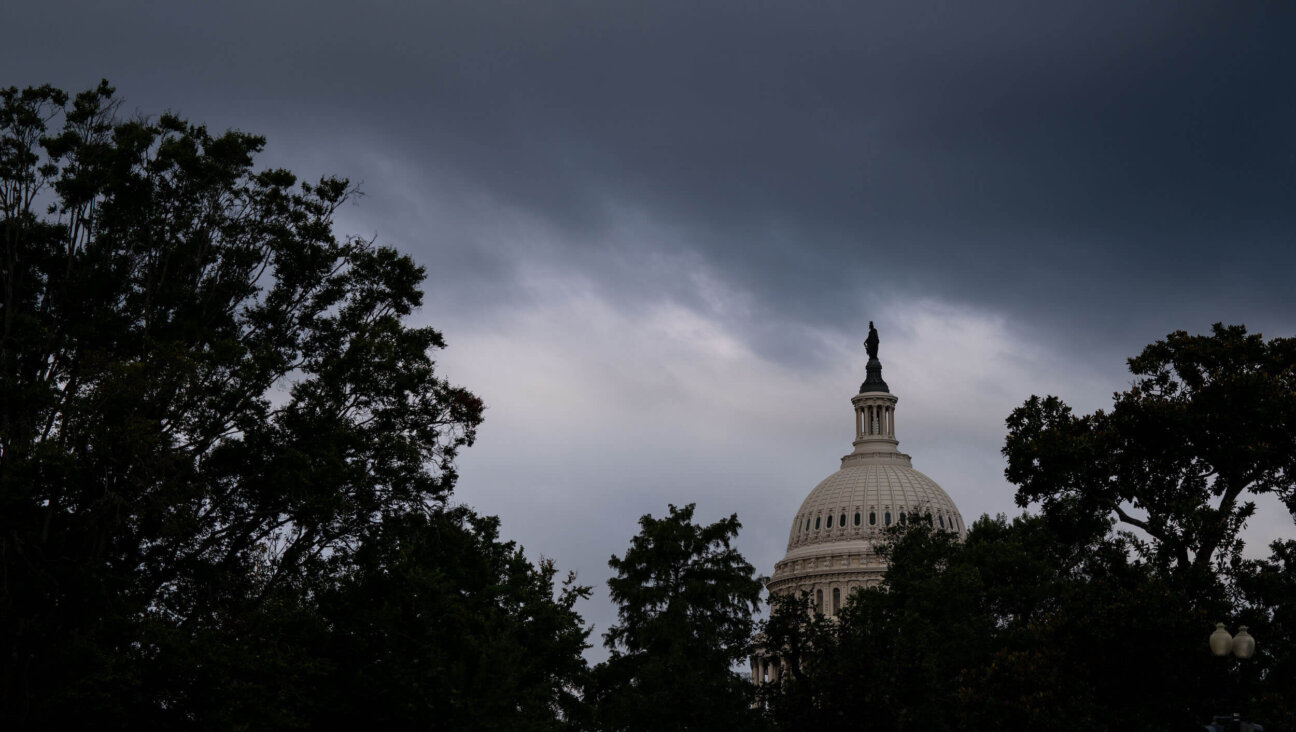Russia Sanctions Won’t Affect Italian Etrog Exports For Sukkot

Image by Getty Images
(JTA) — The Italian government said that the export of Italy-grown etrog fruits to Russia will not be affected by sanctions imposed by the European Union against Moscow, Russia’s chief rabbi said.
The agreement to exempt the export of the citrus fruit, which Jewish communities use as a religious artifact during the week-long holiday of Sukkot, from any sanctions was reached last year and applies also to the June extension of those sanctions, Rabbi Berel Lazar told JTA based on statements from a local government in Italy.
Lazar said: “The local government here said that, because this is a religious product, they are going to make sure no sanctions are going to be applied on the etrogim.” He added the etrogim are imported by Russia as a religious article, exempt from taxation.
Lazar was born in Milan to a Chabad rabbi, Moshe Lazar, who for the past 50 years has been responsible for supervising the export of etrogim in Calabria to make sure the fruit, which are easily bruised and rendered non-kosher, meet the highest standards. Berel Lazar traveled to Calabria to help his father, who is 83, with the harvest.
Followers of the Chabad-Lubavitch Hasidic movement share a strong preference for the etrog grown in Calabria, where tens of thousands of etrogim are picked annually for export in orchards owned by approximately 100 farmers. Etrogim also are grown in Israel and Morocco.
A message from our CEO & publisher Rachel Fishman Feddersen

I hope you appreciated this article. Before you go, I’d like to ask you to please support the Forward’s award-winning, nonprofit journalism during this critical time.
We’ve set a goal to raise $260,000 by December 31. That’s an ambitious goal, but one that will give us the resources we need to invest in the high quality news, opinion, analysis and cultural coverage that isn’t available anywhere else.
If you feel inspired to make an impact, now is the time to give something back. Join us as a member at your most generous level.
— Rachel Fishman Feddersen, Publisher and CEO





















